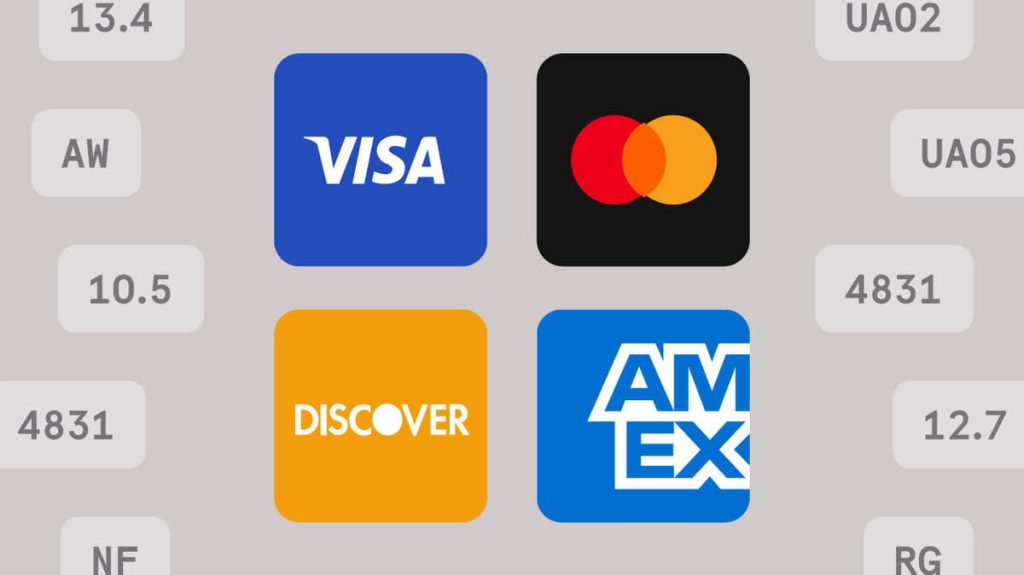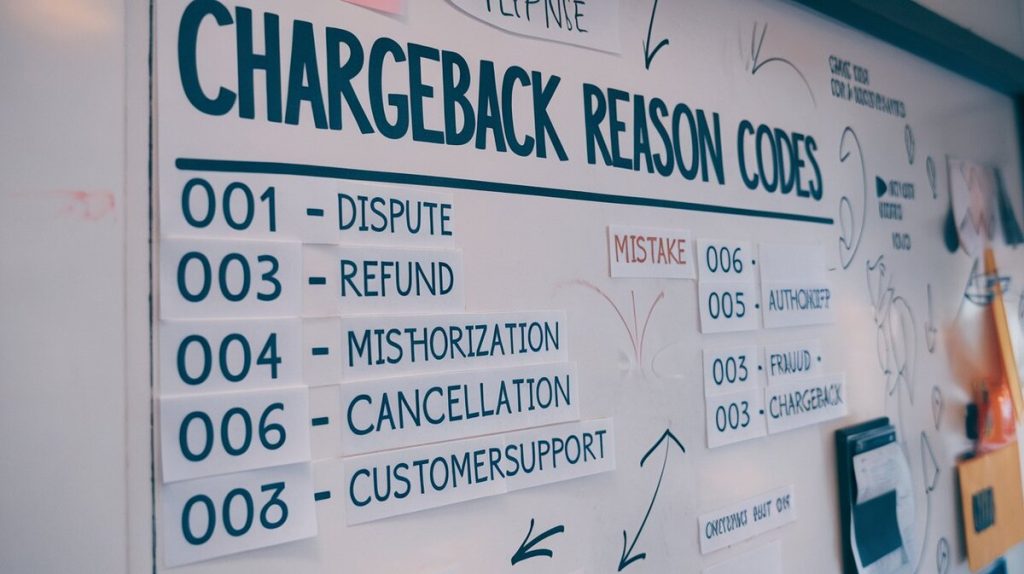Introduction to Chargeback Reason Codes
Chargeback reason codes are vital in the payment processing ecosystem, serving as identifiers for disputes initiated by cardholders. These codes help merchants pinpoint issues leading to chargebacks, allowing them to take targeted actions. Chargeback Reason Code 37, known as “No Cardholder Authorization,” is significant due to its direct impact on merchant operations and financial stability.
This article explores the specifics of Chargeback Reason Code 37, including its causes, impacts, and steps merchants can take to mitigate related risks. The content is backed by data and provides practical advice for dealing with these chargebacks.
Detailed Explanation of Reason Code 37
Chargeback Reason Code 37 applies to transactions processed without the cardholder’s authorization. This can occur due to fraud, such as when a card is used without the owner’s consent, or due to procedural errors, such as failing to obtain the required authorization.
Common scenarios include:
- Unauthorized Transactions: Fraudulent use of a cardholder’s information, often due to data breaches or identity theft.
- Authorization Failures: Instances where merchants process transactions without obtaining necessary approval from the card issuer.
Data Table 1: Key Statistics on Chargeback Reason Code 37 Incidents (2023)
| Category | Percentage of Total Chargebacks | Average Loss Per Case |
|---|---|---|
| Unauthorized Transactions | 65% | $138 |
| Authorization Failures | 25% | $112 |
| Miscellaneous/Other | 10% | $98 |
Impact on Merchants:
- Financial Losses: Chargeback fees typically range from $20 to $100 per incident, which, when combined with the lost sale, can significantly impact revenue.
- Operational Disruption: Repeated chargebacks lead to increased scrutiny from payment processors, and in severe cases, the termination of the merchant account.

Implications for Merchants
Merchants facing chargebacks under Reason Code 37 risk higher operational costs, penalties, and reputational damage. Mastercard data shows that chargeback rates over 1% of total transactions can trigger penalties and higher fees. Thus, it’s crucial for merchants to enforce strong security and authorization protocols.
Key Implications:
- Higher Costs: Beyond losing the disputed transaction, merchants must pay chargeback fees and possibly incur penalties.
- Increased Fraud Risk: A pattern of chargebacks might reveal vulnerabilities in a merchant’s payment processing system, exposing them to further fraud.
- Account Termination: Persistent chargeback problems can lead to account closure by the payment processor, harming business operations.
Data Table 2: Comparison of Chargeback Fees Across Major Payment Processors
| Payment Processor | Chargeback Fee Per Incident | Additional Penalties for High Chargeback Ratios |
|---|---|---|
| Visa | $25 – $50 | Account review, possible suspension |
| Mastercard | $15 – $100 | Monthly fines for ratios above 1% |
| American Express | $30 – $90 | Increased transaction fees |
| Discover | $20 – $50 | Mandatory fraud prevention measures |
Preventive Measures for Merchants
To mitigate risks associated with Chargeback Reason Code 37, merchants should adopt comprehensive fraud prevention strategies. This includes using advanced transaction monitoring technologies and ensuring all transactions are properly authorized.
Effective Prevention Strategies:
- Enhanced Authorization Procedures:
- Strong Authentication Methods: Implement multi-factor authentication (MFA) to ensure transactions are authorized by the legitimate cardholder.
- Real-Time Monitoring: Use AI-driven tools to detect and flag suspicious transactions before processing.
- Staff Training:
- Regular Training: Ensure employees handling transactions are trained in fraud prevention and authorization protocols.
- Secure Payment Gateways: Work with payment processors offering robust security features and fraud prevention tools.
- Strategic Partnerships:
- Collaboration with Experts: Partnering with industry leaders like Merchanto.org, an official partner of Visa and Mastercard in chargeback prevention, can significantly reduce chargeback risks. Merchanto.org provides tools and services that protect merchants from unauthorized transactions and fraud. Visit Merchanto.org for more information.
Data Table 3: Impact of Implementing Advanced Fraud Prevention Measures
| Fraud Prevention Method | Reduction in Chargeback Rate | Average Savings Per Month |
|---|---|---|
| Multi-Factor Authentication | 50% | $1,200 |
| AI-Driven Monitoring | 65% | $1,850 |
| Employee Training Programs | 30% | $750 |

Responding to Chargeback Reason Code 37
When faced with a chargeback under Reason Code 37, merchants must act swiftly to gather evidence and submit a well-documented response. The response should include all relevant transaction records, such as proof of authorization and customer communications, that support the transaction’s validity.
Steps for Disputing Chargeback Reason Code 37:
- Gather Evidence:
- Transaction Logs: Provide detailed logs showing the transaction flow, including authorization attempts.
- Customer Communication Records: Include emails, messages, or call logs that confirm the customer’s involvement in the transaction.
- Submit Documentation:
- Submit Through Proper Channels: Use the dispute management systems provided by your payment processor to submit your response. Ensure all documents are clear and organized.
- Monitor the Dispute Process:
- Follow Up: Maintain communication with your payment processor to track the dispute’s progress. Timely follow-ups can help expedite resolution.
Case Study Example:
A merchant on a large e-commerce platform experienced an increase in chargebacks related to Reason Code 37. After implementing advanced fraud detection and revising their authorization procedures, the merchant saw a 60% reduction in related chargebacks within three months, saving approximately $4,000 in fees and lost sales.
Conclusion
Chargeback Reason Code 37 presents challenges for merchants, but with the right strategies, these risks can be mitigated. Implementing robust fraud prevention measures, maintaining thorough transaction records, and responding promptly to disputes are key to minimizing unauthorized transaction impacts. By staying proactive, merchants can protect their revenue streams and maintain good relationships with payment processors.



